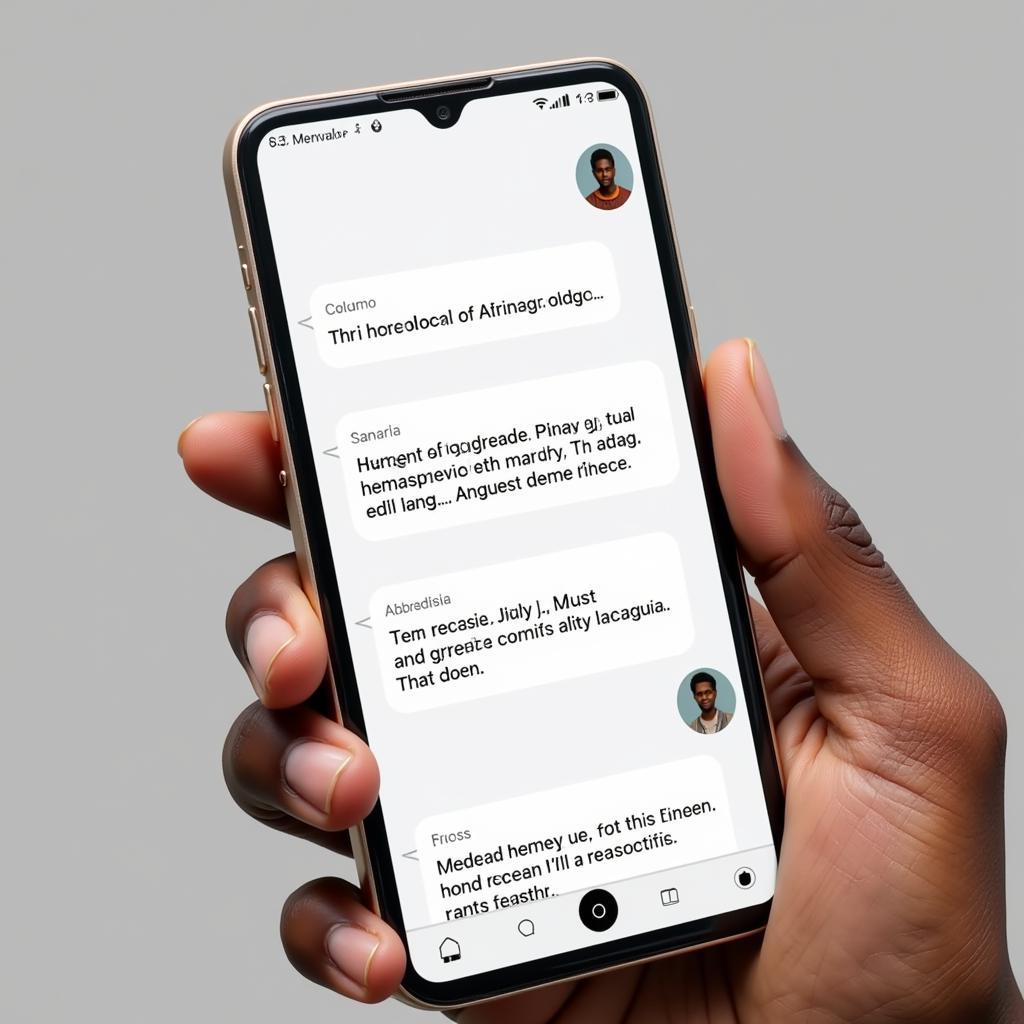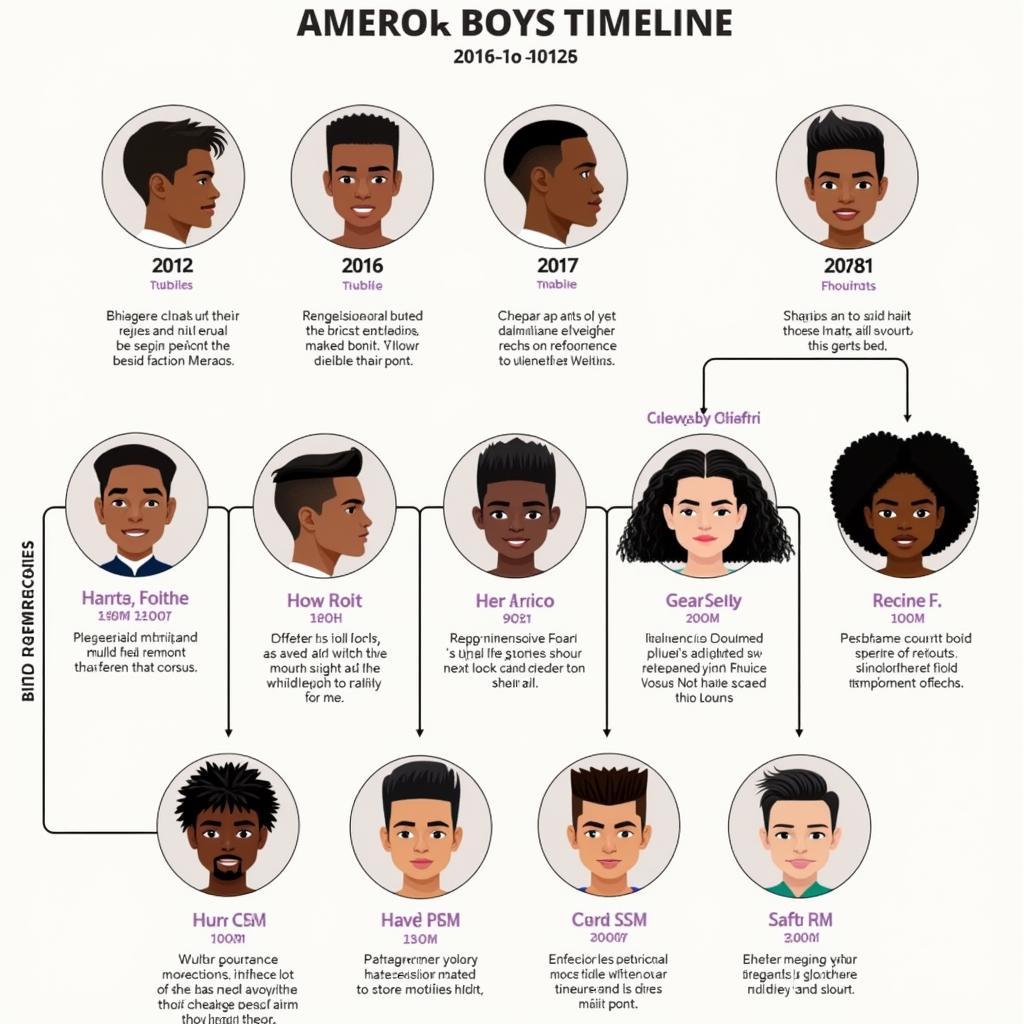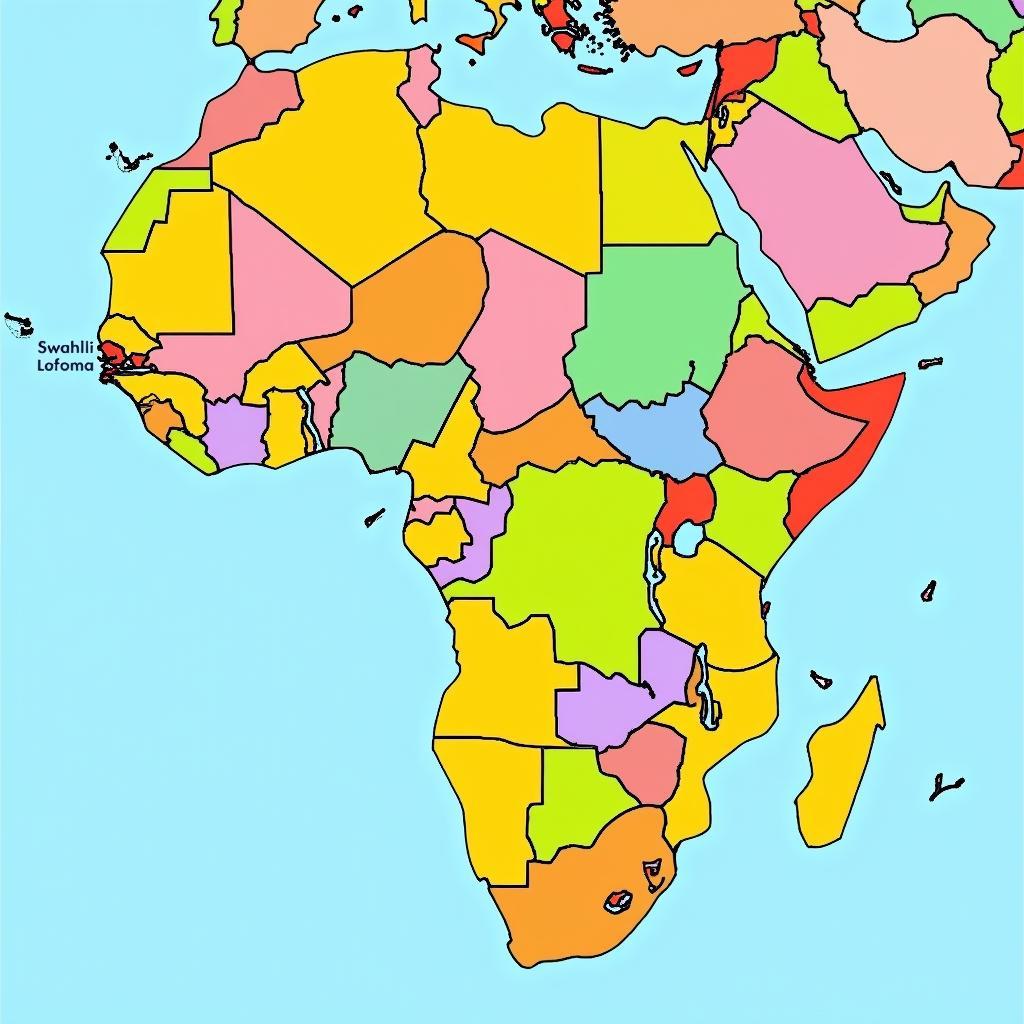Navigating Justice: The African Court of Human and Peoples’ Rights
The African Court of Human and Peoples’ Rights stands as a beacon of hope for upholding human rights and ensuring justice across the African continent. Established in 2004, the Court plays a critical role in interpreting and applying the African Charter on Human and Peoples’ Rights, a treaty adopted in 1981 to promote and protect fundamental rights and freedoms.
A Guardian of Rights: Understanding the Court’s Mandate
The African Court on Human and Peoples’ Rights serves as the principal judicial organ of the African Union (AU) dedicated to human rights. Its primary function is to adjudicate cases and deliver rulings on alleged violations of human and peoples’ rights as enshrined in the African Charter and other relevant human rights instruments.
The Court’s jurisdiction extends to all matters related to the interpretation and application of the Charter, including:
- Civil and political rights, such as the right to life, freedom from torture, and freedom of expression.
- Economic, social, and cultural rights, including the right to education, health, and an adequate standard of living.
- Group rights, such as the right to development and the right to a healthy environment.
How the African Court Works: Procedures and Accessibility
The African Court operates based on the principles of fairness, impartiality, and due process. Individuals, NGOs, and states can file applications with the Court against state parties that have recognized its jurisdiction. The Court’s proceedings involve written submissions, hearings, and the issuance of judgments that are binding on the states concerned.
Impact and Challenges: The Court’s Journey and Future
Since its inception, the African Court has made significant contributions to the advancement of human rights in Africa. It has issued landmark judgments on various issues, including enforced disappearances, freedom of expression, and the rights of indigenous communities.
Despite its achievements, the African Court faces challenges, including:
- Limited ratification of the protocol granting the Court jurisdiction.
- Financial constraints affecting its operations.
- Lack of awareness about the Court’s mandate and procedures among the general public.
The Importance of the African Court in the Global Human Rights System
The African Court Of Human Rights plays a vital role in the global human rights system by:
- Providing a regional mechanism for the protection and promotion of human rights in Africa.
- Contributing to the development of international human rights law.
- Holding states accountable for their human rights obligations.
- Providing redress for victims of human rights violations.
Strengthening the Court: A Collective Responsibility
Ensuring the effectiveness of the African Court of Human and Peoples’ Rights requires a concerted effort from various stakeholders:
- African States: Ratifying the protocol and implementing the Court’s judgments.
- The African Union: Providing adequate financial and technical support to the Court.
- Civil Society Organizations: Raising awareness about the Court and providing legal assistance to victims.
Conclusion: A Catalyst for Justice and Human Dignity
The African Court of Human and Peoples’ Rights represents a crucial step towards a more just and equitable Africa. By upholding the principles of human rights, the Court contributes significantly to the promotion of peace, development, and good governance on the continent. It is imperative that all stakeholders continue to support the Court’s work and ensure that it has the necessary resources and political will to fulfill its mandate effectively.
For more information on human rights and legal developments in Africa, you can explore:
- African Journal of Law and Society
- African American Struggle for Equality Timeline
- African Black Women Lawyers Directory
Need assistance with human rights issues or legal guidance in Africa? Contact us:
Phone: +255768904061
Email: [email protected]
Address: Mbarali DC Mawindi, Kangaga, Tanzania
Our dedicated team is available 24/7 to provide support and address your concerns.



